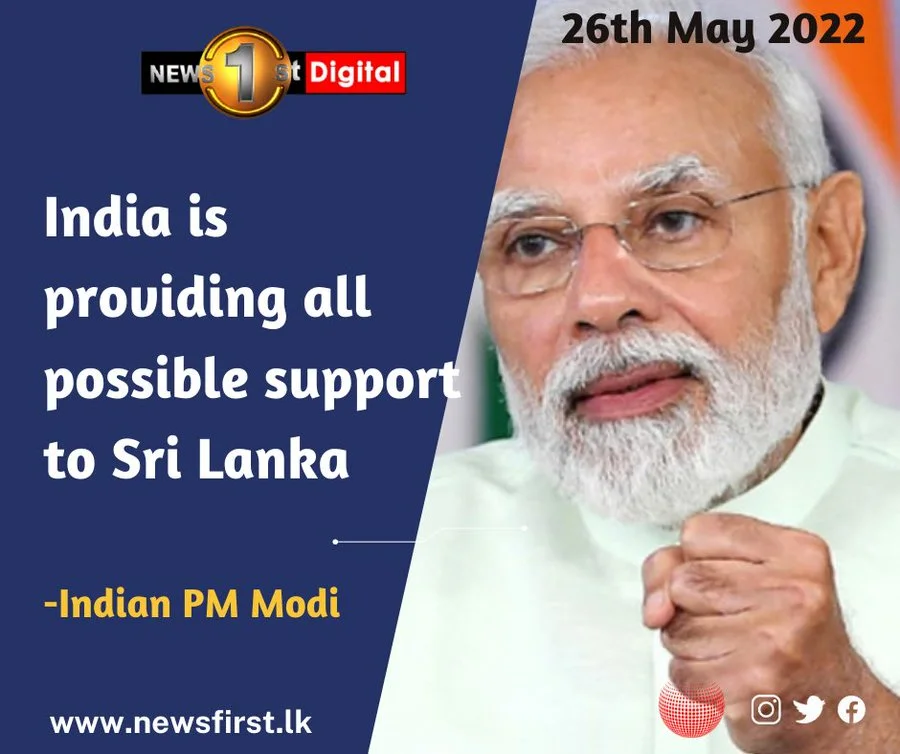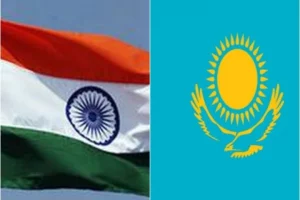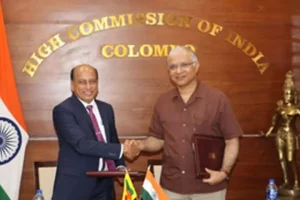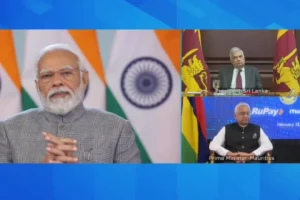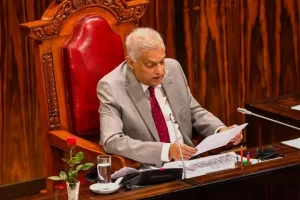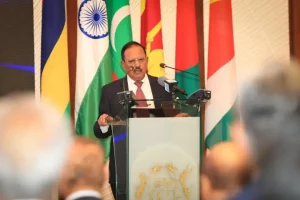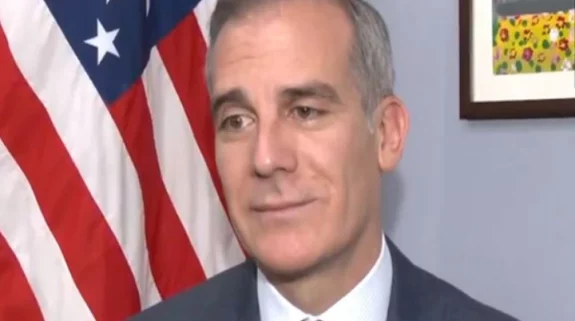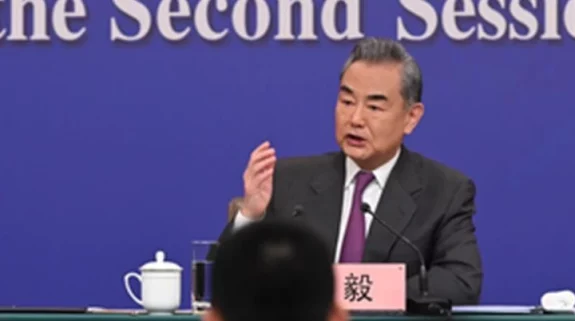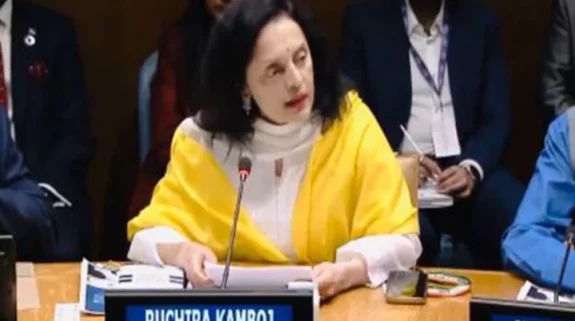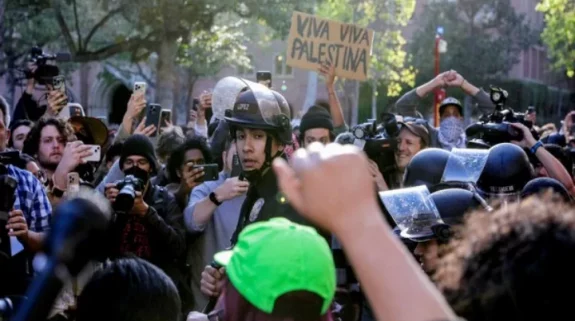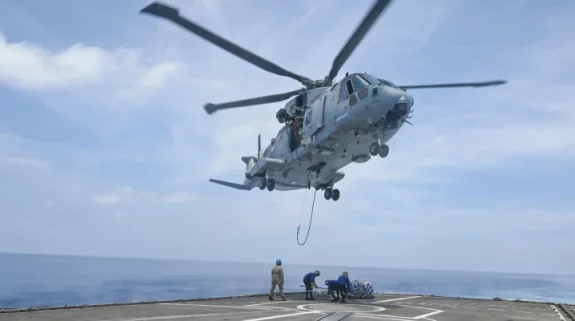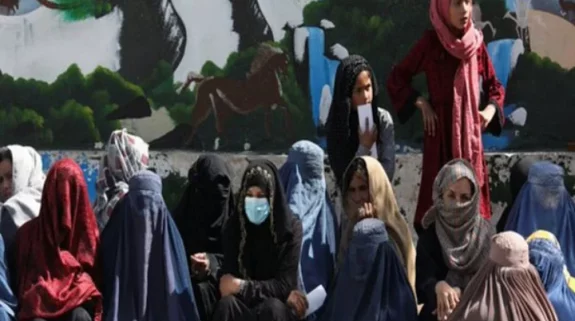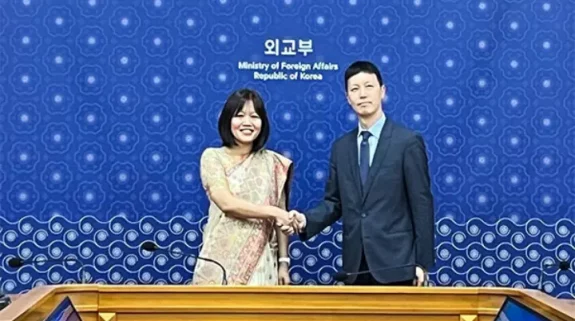India’s robust support to Sri Lanka when the world had virtually turned its back on the stricken island nation, has had an unintended consequence.
India’s generous support of essentials for desperate people who had been virtually abandoned by a kleptocratic leadership is rapidly removing the perception, not only in Sri Lanka, but in South Asia that New Delhi is a hard- nosed and imperious “big brother” to the region.
Even motivated India-baiters, at least for now, have been applauding India’s large hearted humanitarian support, of food, medicines, petrol, diesel, kerosene, after the pro-China Rajapaksas were unseated following a popular revolt in Colombo.
Dr Srimal Fernando, Colombo-based international affairs advisor on New Regional Diplomacy told India Narrative earlier that “people might have harboured suspicion about India when Sri Lanka was stable”. “Now the reality is that it was only India who provided support, nobody else did”.
He added: “India has extended a line of credit of $2 billion under the Neighbourhood First policy with another US$ 1.5 billion of support to Sri Lanka in the past few months. A lot of this aid is catering to people who are vulnerable and are from the lower economic strata. People appreciated the food and the dal that was sent by India.”
The Sri Lankan academic also pointed out that the “Indian Finance Minister had put in a word at the IMF in Washington when our previous Finance Minister Aly Sabry was talking to IMF for aid".
On Friday, India sent a 15,000 litres consignment of kerosene that was handed over by India to 700 fishermen of the Jaffna Islands.
Simultaneously, the Acting High Commissioner of India in Sri Lanka Vinod K. Jacob handed over a consignment of over 25 tons of medical supplies valued at close to Rs 260 million. Besides, Indian Naval Ship (INS) Gharial, a 5600 tons Landing Ship was recently deployed for the delivery of humanitarian assistance materials expeditiously as part of Mission SAGAR IX.
India’s success at a popular level is the result of decades of “investment” in what can be called humanitarian diplomacy. It began with India’s outreach during the 2004 Asian Tsunami when Indian naval ships engaged in a massive Humanitarian Assistance and Disaster Relief (HADR) exercise ranging from Indonesia to the Maldives in the Indo-Pacific.
A similar approach was later pursued in Afghanistan where billions were spent on creating infrastructure, which would serve the humanitarian needs of the people. Despite the arrival of the Taliban centre-stage, New Delhi has continued to supply instalments of wheat which would reach a sizable 500 Metric Tonnes.
During the Covid-19 pandemic India supplied medicines, and vaccines, further reinforcing New Delhi’s image as a non-transactional player for the good in the region and the Global South.
In the battle for hearts-and-minds the Modi administration could further differentiate and contrast itself with China which was facing a public relations disaster from the South China Sea to Africa, where the perception that it was debt-trapping smaller and vulnerable nations had been driven home.
In Nepal, India’s soft-power diplomacy, crowned by Prime Minister Narendra Modi’s visit to Lumbini on the occasion of Buddha Purnima earlier this month has apparently been a massive success in changing negative perceptions about India.
“PM Modi’s visit to Lumbini was a momentous occasion. It will have huge implications and reset relations between the two countries. Very few heads of states have come to Lumbini. This is purely a friendly visit and underscores the deepening cultural bonding between the two neighbours. The Indian PM’s visit will bring out the importance of Lumbini and Nepal in India’s context,” Vijay Kant Karna, Nepal’s former Ambassador to Denmark and professor of Political Science, Tribhuvan University told India Narrative.
Other Nepal scholars have also noted PM Modi’s strategic move on the geo-cultural plain. “PM Modi has acknowledged to not just a Nepalese audience but globally as well, that the Birthplace of the Buddha was indeed Nepal. This is very important for Nepalese sentiment and should have positive spin off for the larger bilateral relationship,” Bhaskar Koirala, Director of the Nepal Institute of International and Strategic Studies told India Narrative.
(With inputs from Rahul Kumar and Mahua Venkatesh)
Also read:
Sri Lanka national carrier could use Indian airports for refuelling purposes
With billions of dollars, India's Neighbourhood First policy comes to the aid of South Asia






